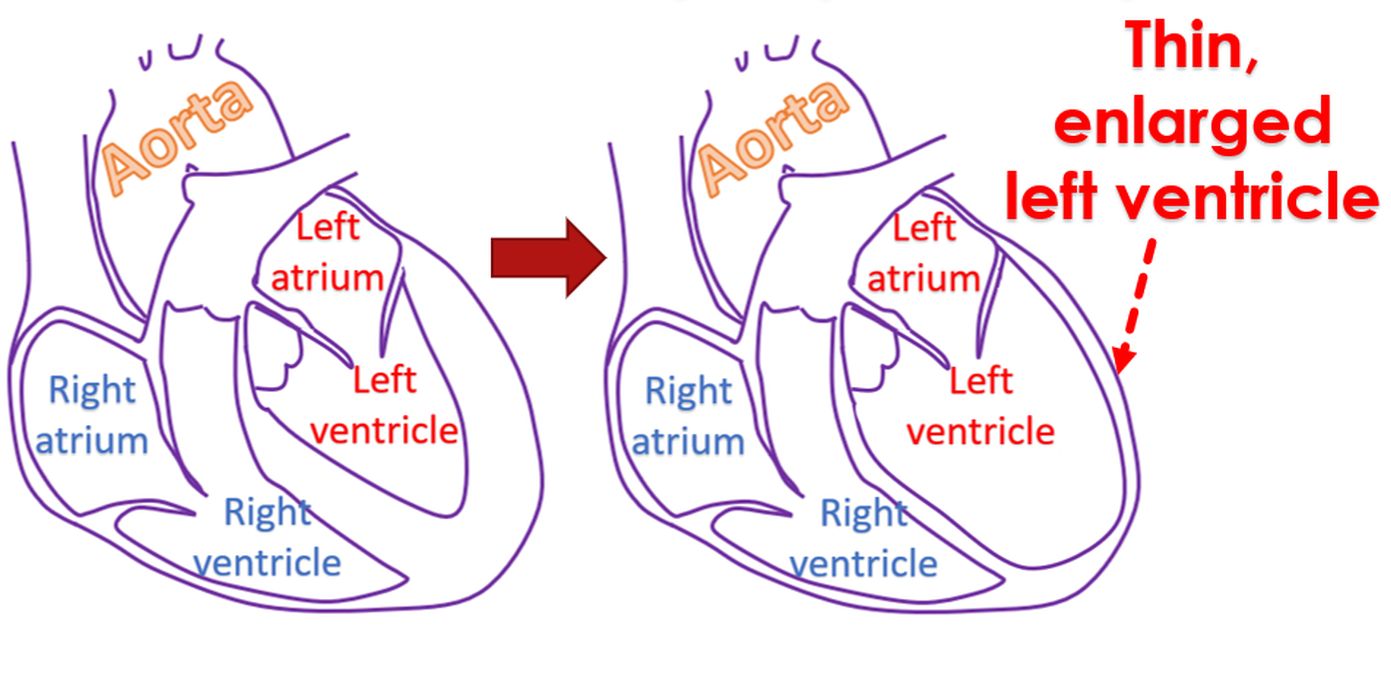What is peripartum cardiomyopathy?
What is peripartum cardiomyopathy?
Peripartum cardiomyopathy is a heart muscle disease which occurs in the last month of pregnancy or within 5 months of delivery. Left ventricle, the lower left chamber of the heart becomes very weak and enlarged. As the left ventricle is not able to pump out blood well, it dams up in the left upper chamber and the lungs. This leads to collection of fluid within the lungs known as pulmonary edema, which causes severe breathlessness. Sometimes the blood pressure also falls as the heart is unable to pump out blood well.

The risk of peripartum cardiomyopathy increases with age of the person. It can occur in about one in 4000 pregnancies and contributes to 4% of all heart muscle diseases. The disease can be diagnosed by echocardiogram, the ultrasound study of the heart. Sometimes the individuals may become very sick and can even die. There is a chance of recurrence during future pregnancies and it is better to avoid further pregnancies. Occasionally some who have recovered very well have undergone next pregnancy safely. If there is any persistent defect in the pumping function of the left ventricle, future pregnancies are absolutely risky.
A genetic background has been noted in at least some of the cases of peripartum cardiomyopathy. This is more likely in those cases which do not recover as usual after delivery. Relatives of some of those who had not recovered well had undiagnosed dilated cardiomyopathy. Dilated cardiomyopathy is a heart muscle disease which is similar to peripartum cardiomyopathy, but unrelated to pregnancy. Genetic studies showed mutations in gene encoding for heart muscle protein in some of them.
A link between cancer and peripartum cardiomyopathy has been suggested. In a study from Germany, some of the patients who had peripartum cardiomyopathy had cancer either before or after peripartum cardiomyopathy was detected. Some of them had cancer medications which are known to weaken the heart muscle. Recovery rate from peripartum cardiomyopathy was noted to be lower in those who had cancer than in those who did not have cancer. The study authors suggested that it could be due to genetic factors. They suggested screening for heart failure during pregnancy in those who had cancer and screening for cancer in those who had peripartum cardiomyopathy.



